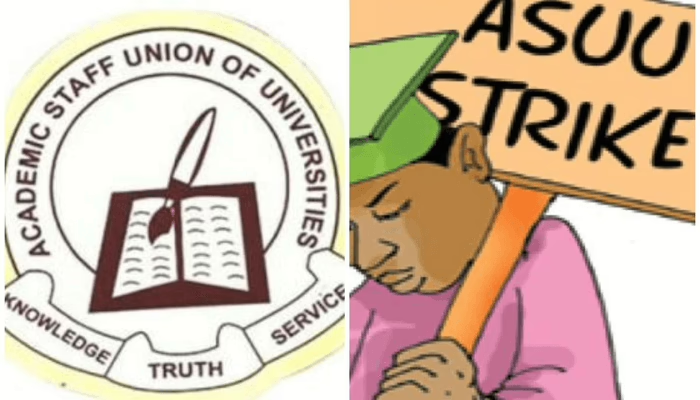strikes” loading=”lazy” class=”pl” />
The Impact of ASUU Strikes on Nigerian Graduates’ Career Prospects
At just 18 years old, Ikenna Ezeobi secured admission into a Nigerian public university to pursue a rigorous five-year degree program. However, his academic journey-and that of many others-has been repeatedly disrupted by ongoing strikes led by the Academic Staff Union of Universities (ASUU).
How Recurrent Strikes Delay Graduation and Job Opportunities
These frequent industrial actions have extended the duration of study for countless students, causing delays in graduation timelines. As a result, graduates like Ikenna often miss out on timely recruitment drives and lucrative employment opportunities that align with their fields of study. This disruption not only affects individual career trajectories but also has broader implications for Nigeria’s workforce development.
Current Statistics Highlighting the Crisis
According to recent data from the National Bureau of Statistics (NBS), over 70% of Nigerian university students have experienced at least one ASUU strike during their academic tenure. The average delay caused by these strikes ranges from six months to over a year, significantly impacting the employability of graduates in a competitive job market.
Broader Economic Consequences
The ripple effects of these interruptions extend beyond students. Employers face a shortage of fresh graduates ready to fill critical roles, while the economy suffers from a talent gap in key sectors such as technology, healthcare, and engineering. For instance, the tech industry, which is rapidly expanding in Nigeria, reports a 15% annual increase in demand for skilled professionals-demand that is increasingly unmet due to academic delays.
Alternative Perspectives and Solutions
While ASUU strikes aim to address legitimate concerns about funding and working conditions, stakeholders are exploring innovative approaches to minimize disruptions. Some universities have adopted blended learning models and online platforms to continue academic activities during strikes. Additionally, government and union dialogues are ongoing to establish more sustainable frameworks that prioritize students’ academic progress without compromising staff welfare.
Looking Ahead: The Need for Sustainable Academic Stability
For Nigeria to harness the full potential of its youth and meet the demands of a growing economy, resolving the cycle of ASUU strikes is imperative. Ensuring uninterrupted education will empower graduates like Ikenna to enter the workforce promptly, contribute meaningfully to national development, and secure their financial futures.


















0 Comments